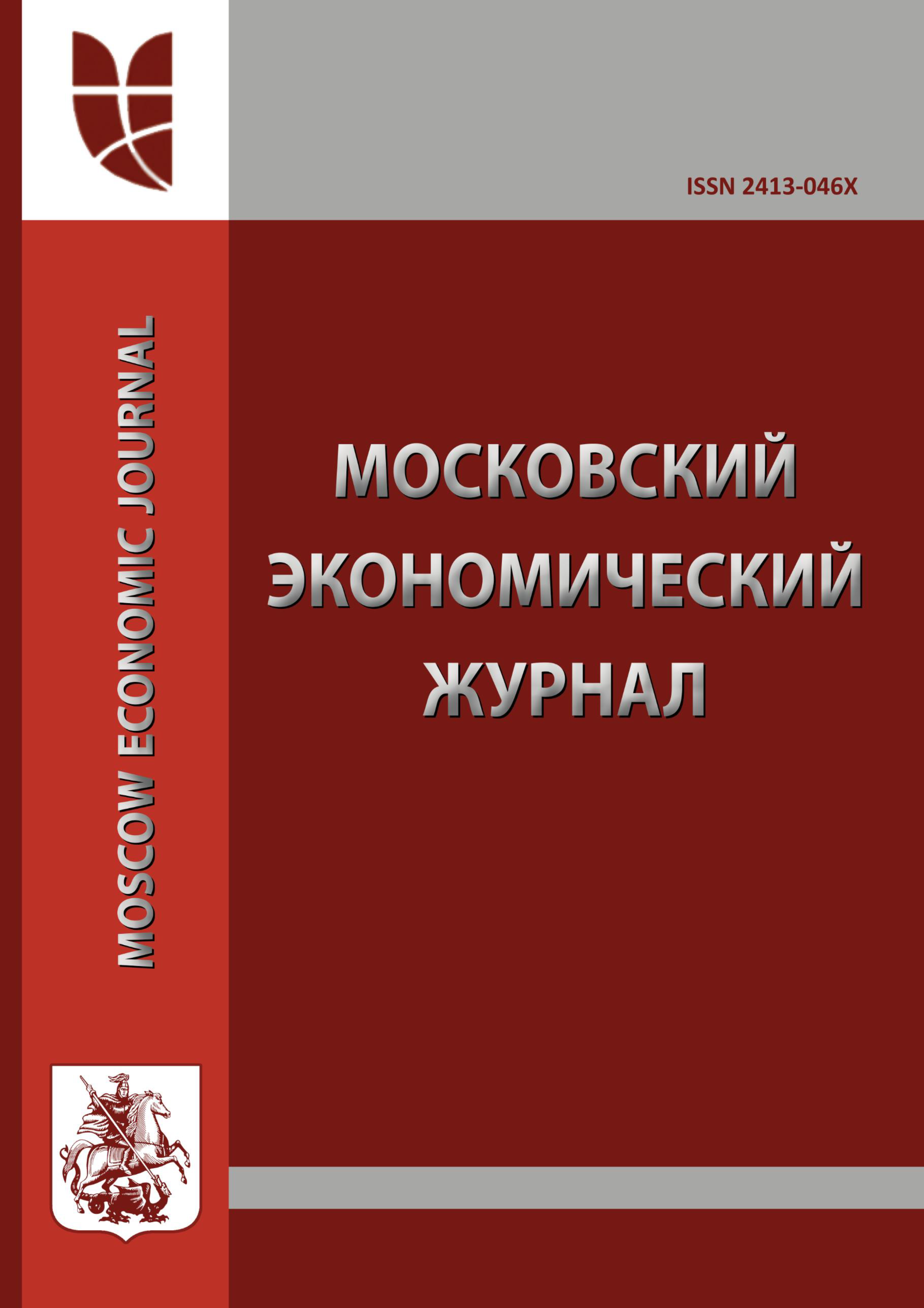The modern economy has demonstrated a steady increase in the consumption of different types of energy resources. Therefore, the question arises for effective management of power consumption. The use of energomanagement involves the use of innovative solutions in the practical work of the company, changes in the psychology of consumption. At the national and international levels are developed energy management standards, stimulating the reduction of energy consumption through the development of new technologies of energy saving and energy efficiency. Detection and reduction of energy costs is based on the integration of planning, control and analytical procedures in the information and technological space of the company. Standardization of energy management enables you to prioritize the implementation of energy saving technologies. Integration in the energy management involves a cyclical process of planning, implementation, verification, control and adjust energy policy. Energy management system develops the skills of the staff and creative evaluation of the use of energy resources at each workplace. The information management system can function separately or as a subsystem of enterprise management system, so it is important to examine the stages of its creation and functioning, as well as factors of optimization and reduction of energy costs. Cost management in energy management requires the integration of the processes of collecting and processing information for planning, control, accounting and analysis in the process of using different types of energy resources to obtain competitive advantages.
energy resources, efficiency, energomanagement, standards, cost management, control, planning, energy consumption, integration, information system, optimization
1. Zarubezhnyy opyt menedzhmenta kachestva / Fomicheva E.I., Kalabkina M.A. // Sistemnoe upravlenie. 2015. № 1 (26). S. 2.
2. Mamaev D.E. Avtomatizirovannye sistemy strategicheskogo upravleniya // Aktual'nye voprosy ekonomicheskih nauk, 2008. № 2. S. 82-86.
3. Napravleniya primeneniya sovremennyh informacionnyh tehnologiy v menedzhmente kachestva organizacii / Fedos'kina L.A., Leonova M.N. // Innovacii, kachestvo i servis v tehnike i tehnologiyah. Sbornik nauchnyh trudov 4-oy Mezhdunarodnoy nauchno-prakticheskoy konferencii. Kursk, 2014. S. 329-331.
4. Neobhodimye i dostatochnye usloviya postroeniya rezul'tativnoy sistemy energeticheskogo menedzhmenta / Lozenko V.K., Ageev M.K., Miheev D.V. // Vestnik Yuzhno-Rossiyskogo gosudarstvennogo tehnicheskogo universiteta (Novocherkasskogo politehnicheskogo instituta). Seriya: Social'no-ekonomicheskie nauki, 2015. № 6. S. 5-19.
5. Podhody k upravleniyu zatratami v kontekste koncepcii ustoychivogo razvitiya organizacii / Makarova L.M., Rodina E.E. // Sovremennye problemy nauki i obrazovaniya, 2014. № 6. S. 531.
6. Razvitie mezhdunarodnyh standartov iso serii 9000 i sistem menedzhmenta kachestva v kontekste sovremennyh tendenciy social'no-ekonomicheskogo razvitiya / Salimova T.A., Makolov V.I. // Vestnik Samarskogo gosudarstvennogo ekonomicheskogo universiteta, 2015. № 12. S. 42-46.
7. Razrabotka organizacionnoy struktury sistemy energomenedzhmenta promyshlennogo predpriyatiya / Abramov E.I., Fedos'kina L.A. // Fundamental'nye issledovaniya, 2016. № 4-3. S. 545-549.
8. Skarlygina D.A. Energomenedzhment kak element sistemy energosberezheniya na predpriyatii // Nauchnyy al'manah, 2016. № 2-1 (16). S. 340-343.
9. Tendenciya razvitiya avtomatizirovannogo ucheta / Makarova L.M., Myalina E.M. // Sistemnoe upravlenie, 2012. № 1 (14). S. 31.
10. Upravlenie zatratami kak osnova ustoychivogo razvitiya organizacii / Rodina L.M., Makarova L.M. // Gorizonty ekonomiki, 2014. № 6-2 (19). S. 98-100.











